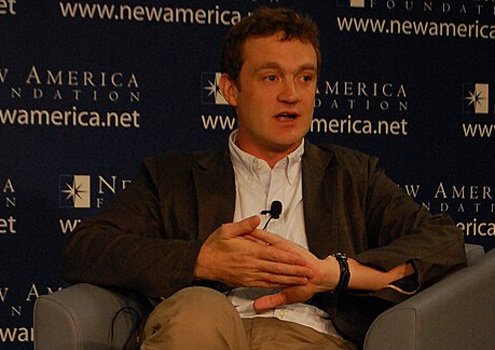Reading time: Less than 1 minute
I like to share interesting pieces of figurative language I encounter in my reading. I write today about a simile from Patrick Radden Keefe….
I seldom buy hard-cover books. Instead, I get them out of the library or I wait for the paperback to come out. For reasons I can no longer remember (perhaps a positive review in the New York Times Book Review podcast?) I bought a hard-cover copy of Say Nothing by Patrick Radden Keefe (pictured above.) I read it in less two days.
An American of Irish heritage, Patrick Radden Keefe grew up in Dorchester, Massachusetts and went to college at Columbia. He received master’s degrees from Cambridge University and the London School of Economics, and a JD from Yale Law School. He is an award-winning staff writer at The New Yorker magazine and he earned the National Magazine Award for Feature Writing in 2014.
Say Nothing is my favourite book of the year and perhaps of the last five years. Telling the story of Northern Ireland via one family’s tragic loss (the 10 children of widow Jean McConville who was “disappeared” by the IRA in 1972), the book offers a riveting account of what is called — in a case of stupendous understatement — the “Troubles.”
By and large, I did not find Keefe’s language to be highly figurative. (Although he has become so in more recent books.) Here, for example, is one small simile he used:
Petrol bombs broke open on their steel bonnets, blue flame spilling out like the contents of a crack egg.
Instead, he let the tragic story speak for itself. The book is a remarkable feat of reporting, writing and understanding. Read it.
An earlier version of this post first appeared on my blog on March 14/19.
[Photo credit: Flickr. Cropped. Licensed under the Creative Commons Attribution 2.0 Generic license.]


